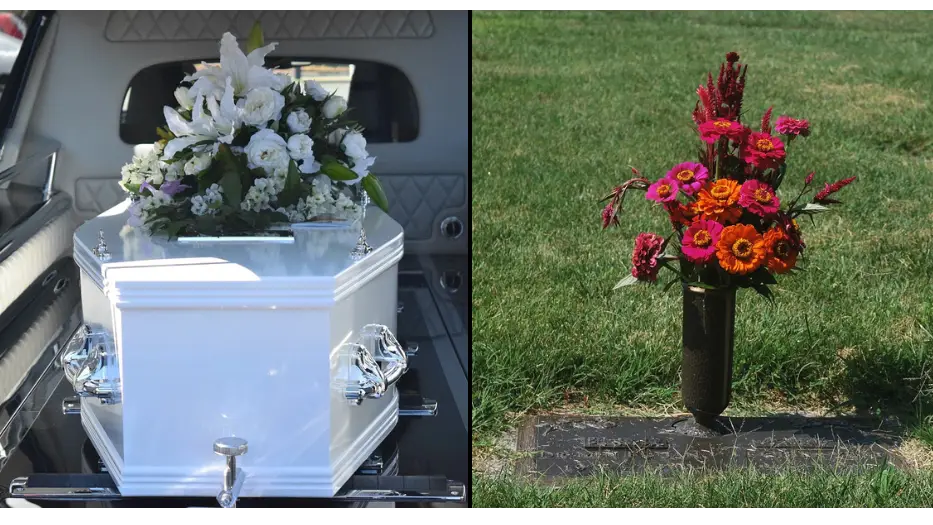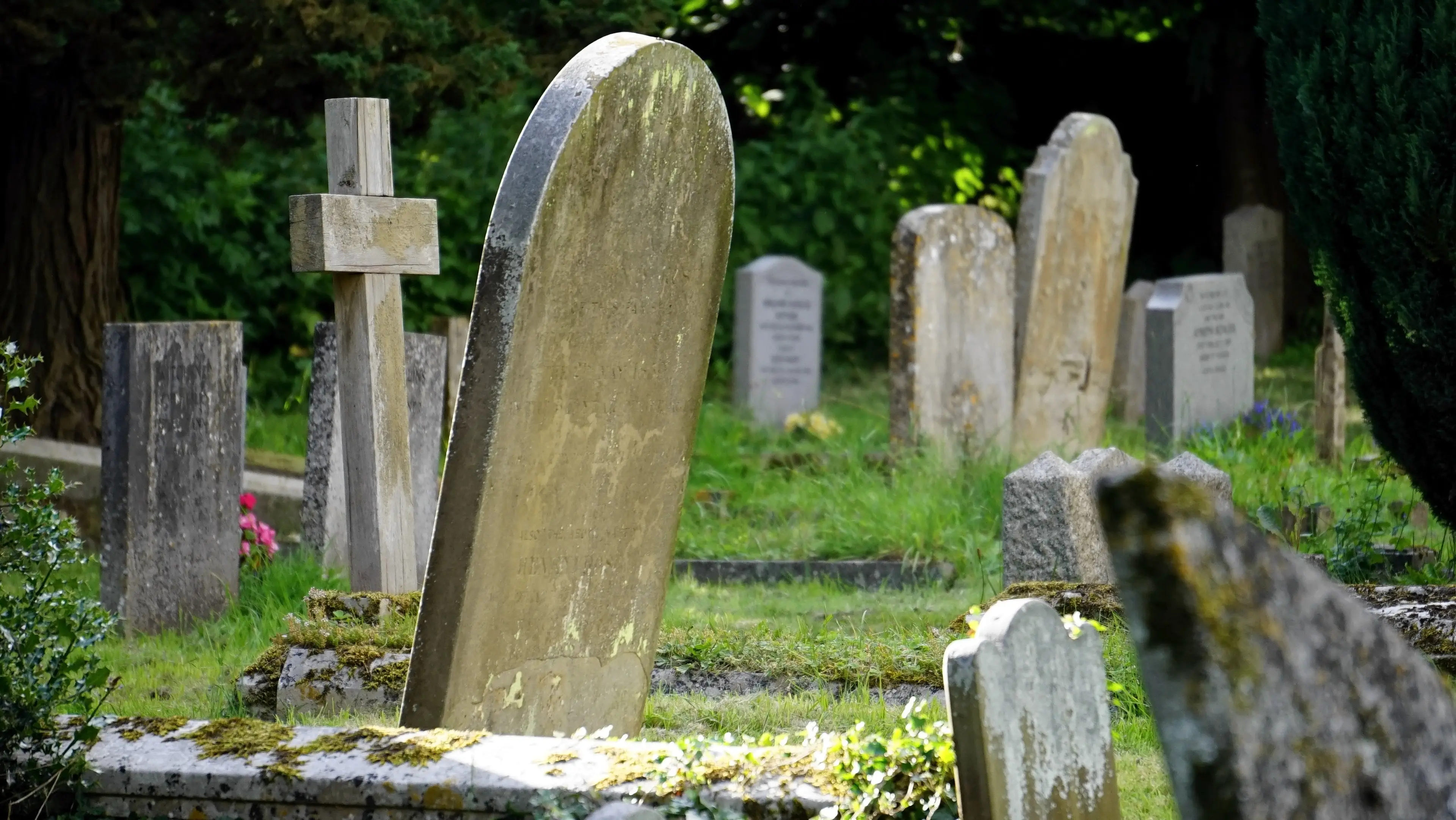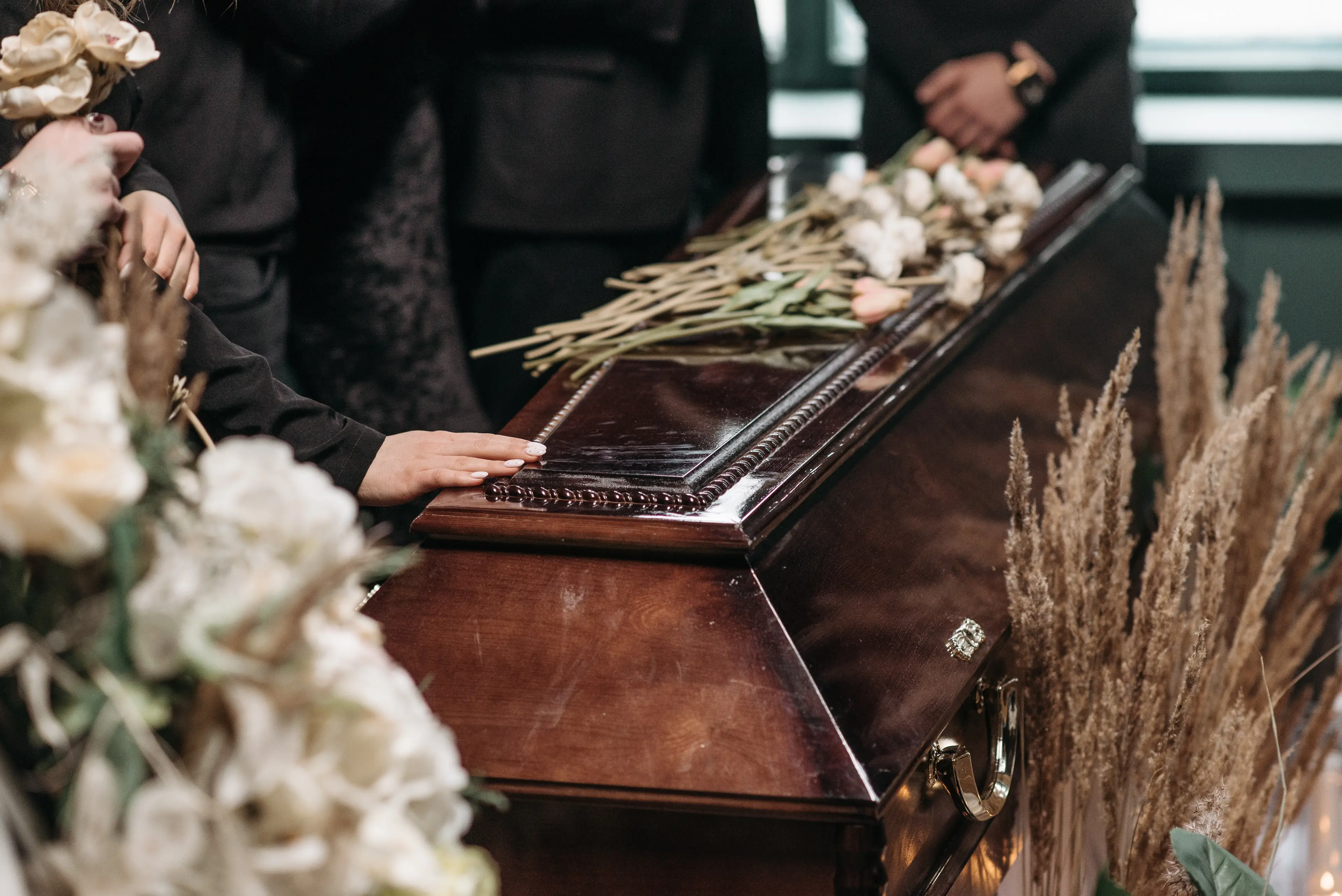
Death. It's usually one of those things many of us would prefer to keep in the back of our mind and not give it too much thought.
However, if you are intrigued in what happens to us after we die, then read on but be prepared - this isn't for the faint-hearted.
The UK’s first female undertaker and embalmer, Lianna Champ, has opened up on the process and has provided detailed explanation on literally everything that happens from the moment your heart stops beating to your funeral.

Advert
While many people have differing views on the afterlife, or if there even is one, there are some things that are simply universal, including our bodily functions when we kick the bucket.
So, to shine a light on all things macabre, the expert has weighed in on the phenomenon.
Champ, 59, first saw a dead body at the ripe age of just 15-years-old.
Since then, she's made a career out of handling 700 to 800 dead bodies each year, so she clearly knows her stuff.
Speaking to the Metro, the undertaker explained that the energy of the body comes to a complete stop 'once the heart stops beating'.
"It’s our energy and blood flow that keeps us warm, so the body will start to cool and it’ll go through a period of processes and changes, which is what we know as decomposition."

A 'few hours' after death, rigor mortis sets in which is defined as a 'chemical reaction that is caused by a lack of oxygen and biochemical changes in the body after someone has died'.
"This causes the muscles to stiffen and contract," Champ explained.
The expert also put to bed a theory believed by many people that says if you attempt to move limbs or fingers during rigor mortis you will break the bones.
What a lovely visual.
This, however, is not the case.
Champ continued: "If somebody’s hand went stiff and you were to gently bend their fingers you would be breaking down the rigor mortis because it doesn’t last, it breaks down itself naturally after about 48 hours.

In short, our bodies start to decompose when we die because the good bacteria in us also dies.
This allows for the bad bacteria to 'begin the natural process of breaking the body down'.
Champ is effectively tasked at decelerating this natural process down, explaining: "The reason we embalm is because it serves to slow down the decomposition process.
"Families can then see and spend time with their loved ones looking more like they once were, without the risk of infection and without any unpleasantness. It’s a temporary preservation treatment we give."
And while the mere idea of handling a lifeless dead body is enough to send shivers down many of our spines, Champ reveals 'people always think it's more than it actually is'.
"It’s not very invasive there’s just a couple of incisions, but it’s very effective," she concluded.
Though that may be true - it's definitely a vocation I'm sure many would prefer to avoid.